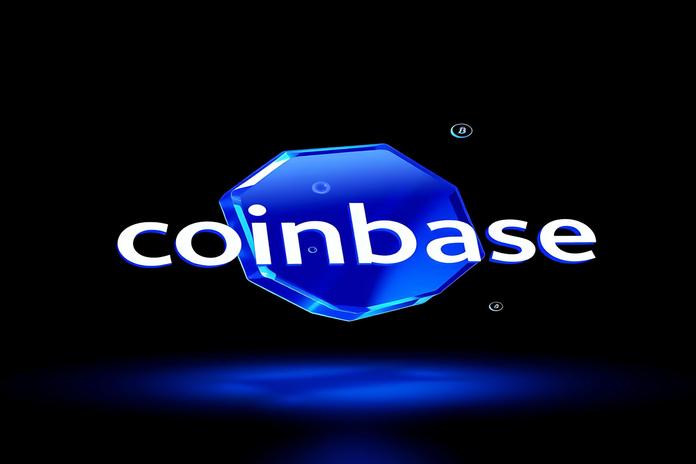Coinbase (NASDAQ:COIN) made headlines this week by announcing its $2.9 billion acquisition of Deribit, a leading crypto derivatives exchange. The Coinbase Deribit acquisition is now the largest merger in crypto history, and it signals a strategic push into the booming crypto options market. The landmark deal includes $700 million in cash and 11 million Coinbase shares, underscoring the company’s aggressive expansion beyond traditional spot trading.
In a blog post revealing the acquisition, Coinbase emphasized the significance of this move: “This isn’t just another addition; it’s foundational to our vision of creating the most comprehensive, compliant, and user-friendly derivatives platform globally.” This statement underscores how central Deribit will be to Coinbase’s future ambitions.
Deribit, founded in 2016, has become one of the world’s most trusted and liquid crypto options platforms. The firm raised $40 million in 2022 at a $400 million valuation, with backing from QCP Capital and Polybius Capital, according to Crunchbase. The Coinbase Deribit acquisition represents not only a substantial premium but also a major consolidation play in the evolving world of digital asset derivatives.
A Bold Expansion into Crypto Derivatives
Coinbase’s core business has historically centered around spot crypto trading, but declining trading volumes and tightening competition from international platforms have forced the company to diversify. By acquiring Deribit, Coinbase secures a dominant position in the high-margin crypto derivatives sector—particularly options, which have surged in popularity among institutional and professional traders.
Crypto derivatives allow traders to hedge risk, speculate on price movements, and manage volatility more efficiently. The addition of Deribit’s infrastructure to Coinbase’s compliance-forward ecosystem could help bridge the gap between crypto-native products and regulated financial markets.
This acquisition also sends a clear message: Coinbase intends to lead in every segment of the digital asset economy.
Crypto M&A Heats Up
The Coinbase Deribit acquisition is the latest in a flurry of high-value deals reshaping the crypto landscape. In recent months, Ripple Labs made waves by acquiring brokerage firm Hidden Road for $1.25 billion. Ripple, best known for its XRP token and blockchain payment technology, has seen a resurgence after the U.S. Securities and Exchange Commission (SEC) dropped its lawsuit accusing the company of selling unregistered securities.
Kraken, another major U.S. exchange, also jumped into the M&A game by acquiring retail-focused futures platform NinjaTrader for $1.5 billion. These moves signal a shift from survival mode to expansion, particularly as expectations grow that the re-election of Donald Trump may lead to more favorable crypto regulation in the U.S.
Venture Funding Surges in Q1
M&A isn’t the only trend heating up—venture capital is flowing back into the space. According to Crunchbase, crypto and blockchain startups raised $3.8 billion in Q1 across 220 deals, representing a 138% increase over the prior quarter. That jump was largely fueled by Binance, which secured a $2 billion investment from MGX, an Abu Dhabi-based firm. It stands as the largest single investment in a crypto company to date.
The renewed investor interest, combined with consolidation among major players, paints a bullish picture for the future of crypto markets. Coinbase’s move to acquire Deribit is not just a signal of confidence in derivatives, but a sign of the industry’s next evolution: one that is institutional, global, and ready for mainstream adoption.
Looking Ahead
The Coinbase Deribit acquisition may set a new standard for how regulated U.S.-based crypto companies approach international markets. With Deribit’s stronghold in Europe and Latin America, Coinbase will gain access to new customer bases while potentially smoothing regulatory hurdles through its established compliance practices.
As crypto markets mature and global competition intensifies, this bold acquisition reflects a pivotal shift toward consolidation and strategic diversification. Whether it becomes a turning point for Coinbase—or for the crypto industry as a whole—remains to be seen, but one thing is clear: the game is changing.
Featured Image: Freepik




